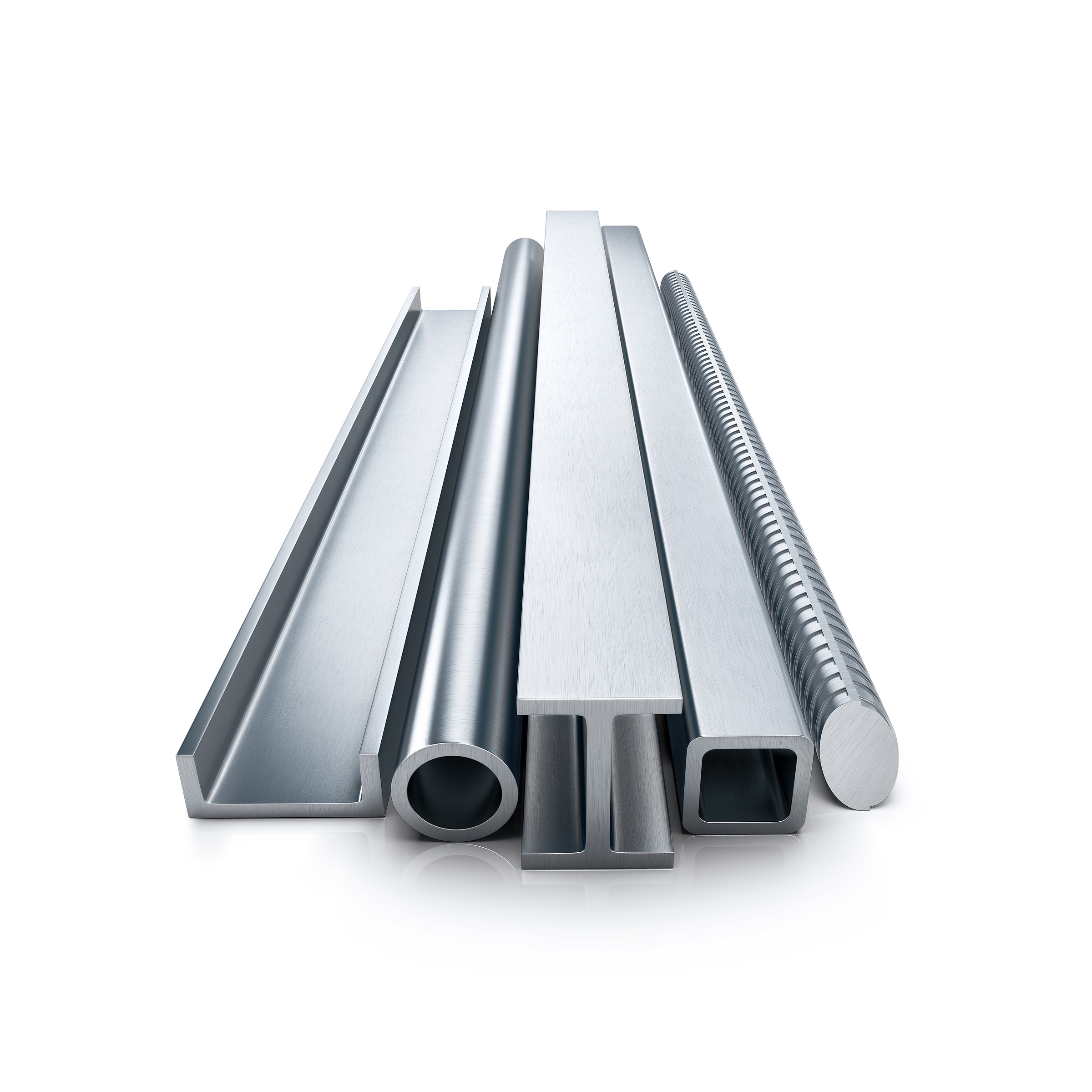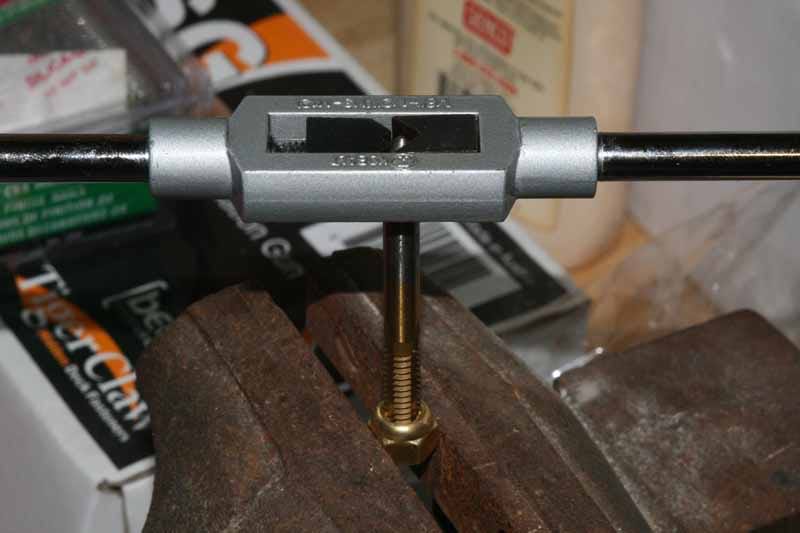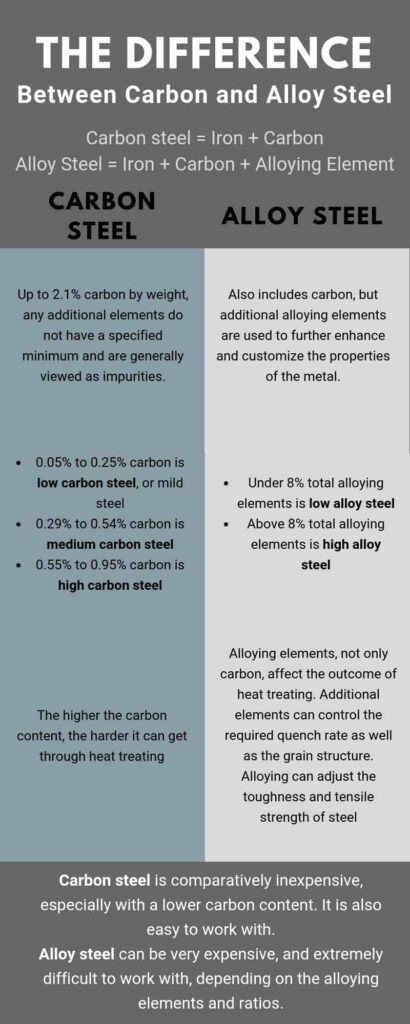Table of Contents
- Metal for Welding: Choosing the Right Material for Your Project
- Key Takeaways: Metal for Welding – Choosing the Right Material for Your Project
- Frequently Asked Questions
- 1. What are the factors to consider when choosing the right metal for welding?
- 2. Which metals are commonly used for welding?
- 3. How do I determine the compatibility of a metal with a welding process?
- 4. What are some considerations for achieving a desired appearance in welded projects?
- 5. Are there any specialized metals for specific welding applications?
- 7 Places to Buy Metal for Welding Projects
- Final Thoughts
Choosing the right metal for your welding project can make all the difference in the world. It’s like finding the perfect dance partner – you want someone who can move with you effortlessly, complementing your every step. In the world of welding, the right metal is like that perfect partner, ensuring a strong and durable bond. So, how do you go about choosing the right material for your project? Let’s dive in and explore the wonderful world of metals for welding.
When it comes to metal for welding, the options are vast and varied. From steel to aluminum, each material brings its own unique set of properties and characteristics to the table. It’s like having a buffet of metals to choose from, and you get to be the discerning diner, carefully selecting the best ingredients for your welding recipe. But fear not, my friend, for I am here to guide you through this delectable journey of metal selection. We’ll explore the different types of metals, their strengths, weaknesses, and most importantly, how to choose the one that will perfectly suit your project. So, grab your welding helmet and brace yourself for a tantalizing adventure into the world of metal for welding.
Metal for Welding: Choosing the Right Material for Your Project
Choosing the right metal for welding is crucial to the success and durability of your project. Whether you’re a professional welder or a DIY enthusiast, understanding the different types of metals available and their suitability for specific applications is essential. In this article, we will explore the various factors to consider when selecting a welding material, including strength, corrosion resistance, weldability, and cost. By the end, you will have a clear understanding of how to choose the right metal for your welding project.
Factors to Consider When Choosing a Welding Material
When it comes to selecting the right metal for welding, several factors should be taken into account. Let’s delve into each of these factors in detail.
Strength
Strength is a critical consideration when choosing a welding material. The strength requirements of your project will dictate the type of metal you should select. Some applications, such as structural welding, require high-strength metals like steel, while others may be better suited for less rigid materials like aluminum. It’s important to determine the maximum load and stress your project will be subjected to in order to select a metal with the appropriate strength.
When considering strength, it’s also essential to evaluate the tensile strength, yield strength, and hardness of the metal. These properties will impact the overall structural integrity and performance of your welded joints.
Corrosion Resistance
If your welding project will be exposed to moisture, chemicals, or other corrosive elements, corrosion resistance becomes a crucial factor in material selection. Different metals have varying levels of corrosion resistance, with stainless steel being one of the most popular choices due to its high resistance to rust and oxidation. Aluminum is also known for its excellent corrosion resistance, making it suitable for outdoor applications.
When considering corrosion resistance, it’s important to assess the environment in which the welded structure will be placed. Factors such as humidity, temperature, and exposure to corrosive substances will determine the level of corrosion protection required.
Weldability
Weldability refers to the ease with which a metal can be welded. Certain metals, such as carbon steel and stainless steel, are known for their excellent weldability, while others, like cast iron, can be more challenging to weld. It’s important to consider the welding method you’ll be using and the skill level required to weld a particular metal.
Additionally, some metals may require pre-welding treatments, such as cleaning, degreasing, or the use of specific welding techniques, to ensure a strong and reliable weld. Understanding the weldability of different metals will help you choose a material that matches your welding capabilities and project requirements.
Types of Metals for Welding
Now that we’ve explored the factors to consider when choosing a welding material, let’s dive into the different types of metals commonly used in welding.
Steel
Steel is one of the most widely used metals in welding due to its excellent strength, weldability, and versatility. It comes in various grades, each with its own unique properties, making it suitable for a wide range of applications. Carbon steel is a popular choice for structural welding projects, while stainless steel is commonly used for its corrosion resistance in environments that require high hygiene standards.
When selecting a steel for welding, consider the carbon content, alloying elements, and heat treatment requirements to ensure the desired strength and performance of your welded joints.
Aluminum
Aluminum is a lightweight and highly malleable metal, making it ideal for applications where weight reduction is important. It offers good corrosion resistance and is often used in industries such as automotive, aerospace, and marine. However, aluminum can be more challenging to weld compared to other metals due to its high thermal conductivity and susceptibility to distortion.
When welding aluminum, proper cleaning, the use of specialized welding techniques, and the selection of suitable filler materials are essential to achieve strong and defect-free welds.
Copper
Copper is known for its excellent electrical and thermal conductivity, making it an ideal choice for electrical and heat transfer applications. It is often used in the construction of electrical wiring, heat exchangers, and plumbing systems. Copper can be easily welded using various welding processes, including gas metal arc welding (GMAW) and gas tungsten arc welding (GTAW).
When welding copper, it’s important to ensure proper joint design and cleanliness to achieve sound welds and prevent contamination.
The Importance of Material Selection in Welding
The selection of the right material for your welding project is critical to ensure the structural integrity, longevity, and performance of the finished product. By considering factors such as strength, corrosion resistance, and weldability, you can make an informed decision that will result in a successful welding project.
Remember to assess the specific requirements of your project and consult with welding experts or professionals to ensure you choose the most suitable material for your needs. With the right metal in hand, you can confidently proceed with your welding project and achieve outstanding results.
Key Takeaways: Metal for Welding – Choosing the Right Material for Your Project
- Choose the metal for welding based on your project requirements and desired properties.
- Consider factors such as strength, durability, corrosion resistance, and cost when selecting the material.
- Common metals for welding include steel, stainless steel, aluminum, and cast iron.
- Ensure compatibility between the base metal and the filler material for a strong weld.
- Consult with experts or reference welding charts to determine the appropriate metal for your specific project.
Frequently Asked Questions
1. What are the factors to consider when choosing the right metal for welding?
When choosing the right metal for welding, there are several factors to consider. First, you need to consider the type of project you are working on. Different metals have different properties and strengths, so you need to choose one that is suitable for your specific project.
Secondly, you should consider the welding process you will be using. Some metals are more easily welded using certain techniques, so it’s important to choose a metal that is compatible with your chosen welding method. Additionally, you should also consider the desired appearance and finish of your project, as certain metals may provide a better aesthetic result.
2. Which metals are commonly used for welding?
There are several metals that are commonly used for welding. One of the most common is carbon steel, which is known for its strength and versatility. Carbon steel is often used in structural applications and is suitable for a wide range of welding processes.
Another commonly used metal is stainless steel, which is resistant to corrosion and provides a clean and polished finish. Aluminum is also popular for welding, particularly in industries such as automotive and aerospace, thanks to its lightweight and high strength-to-weight ratio.
3. How do I determine the compatibility of a metal with a welding process?
To determine the compatibility of a metal with a welding process, you need to consider several factors. First, you should check the melting point of the metal and compare it to the temperature range of the welding process you intend to use. If the melting point of the metal is significantly higher or lower than the welding temperature, it may not be suitable.
Additionally, you should consider the metallurgical properties of the metal, such as its thermal conductivity and coefficient of expansion. These properties can affect the weldability and quality of the final weld. Consulting with welding experts or referring to welding guidelines and standards can also help you determine the compatibility of a metal with a specific welding process.
4. What are some considerations for achieving a desired appearance in welded projects?
Achieving a desired appearance in welded projects involves several considerations. Firstly, you should choose a metal that is known for its aesthetic qualities, such as stainless steel or aluminum, which can provide a clean and polished finish. These metals are often used in decorative applications where appearance is crucial.
Secondly, you should consider the welding process itself. Some welding techniques, such as TIG welding, produce cleaner and more precise welds, which can contribute to a better appearance. Proper surface preparation, such as cleaning and smoothing the metal before welding, can also help achieve a desired appearance.
5. Are there any specialized metals for specific welding applications?
Yes, there are specialized metals that are designed for specific welding applications. For example, nickel alloys are commonly used in industries such as chemical processing and power generation due to their excellent corrosion resistance and high temperature strength.
Similarly, titanium is often used in aerospace applications due to its lightweight and high strength. Copper alloys are also used in welding applications that require high electrical and thermal conductivity, such as electrical wiring and heat exchangers.
7 Places to Buy Metal for Welding Projects
Final Thoughts
After diving into the world of welding and exploring the various metals available for different projects, it’s clear that choosing the right material is crucial for achieving successful and durable welds. The selection process involves considering factors such as strength, corrosion resistance, heat resistance, and cost. By understanding the properties and characteristics of different metals, you can make an informed decision that aligns with your project requirements.
When it comes to selecting the right metal for welding, it’s essential to think beyond the immediate needs of your project. Consider the long-term durability and performance of the welds, as well as the environmental conditions they may be exposed to. Whether you’re working on a construction project, automotive repairs, or creative metalwork, taking the time to choose the most suitable material will contribute to the overall quality and longevity of your work.
Remember to consult with experts, such as professional welders or material suppliers, who can provide valuable insights and guidance based on their experience. Keep in mind that each project is unique, and the ideal metal for welding will vary depending on the specific requirements. By combining your newfound knowledge of different metals with practical advice from professionals, you’ll be well-equipped to select the right material for your welding projects and achieve outstanding results. Happy welding!
Request a quote today!
[contact-form-7 id="1578" title="Contact form"]
Please compress the file into a ZIP or RAR file before uploading. Alternatively, send through your RFQ by email.
enquires@unitymanufacture.com





